The HRI 2008 findings point to five key inter-related areas where the wealthy group of donor countries that comprise the OECD/DAC, in conjunction with other actors, could focus their efforts to improve the quality and effectiveness of humanitarian action:
1. Wealthy countries could do more to strengthen their commitments to provide aid in an impartial, neutral and independent manner, not based on other priorities or objectives.
The findings from Pillar 1 indicated that donors are not always perceived as providing aid in an impartial, neutral and independent manner, nor where it is most needed. Many of them are still biased and influenced by other factors when it comes to allocating resources. There are particular problems in politicised and protracted and complex emergencies, where too often political, economic or security agendas override humanitarian concerns.
2. Wealthy countries should contribute to efforts to improve the quality and use of needs assessments to determine who needs assistance, where, and of what kind.
The findings under pillar 1 also suggest that needs assessments, the principal instrument used in the humanitarian sector to determine needs and allocate resources, can be improved to ensure that the right kind of aid reaches the right people at the right time.
3. Wealthy countries could do more to support local capacity and link relief efforts to recovery and longer-term development strategies.
The findings from Pillar 2 confirm that it is still a challenge for the humanitarian system to adapt to local contexts, particularly in the area of engaging with local communities in programming, supporting and strengthening -not undermining- local capacity to respond, cope and recover from crises.
4. Wealthy countries should invest more resources to strengthen the humanitarian system’s capacity at all levels.
Pillar 3 results show that there is a need to invest more efforts into ongoing UN humanitarian reform processes and into capacity-building for all the different operational partners in the humanitarian system to ensure that it works better as a whole, meeting current and future humanitarian needs.
5. Wealthy countries should assume more responsibility for ensuring implementation of international standards and good practice, and for improving accountability and performance in humanitarian action.
In line with the findings from Pillars 4 and 5, donors could take a more active leadership role in promoting a shared understanding of good practice in humanitarian action. This includes strengthening their commitments to ensure the international principles and standards are being respected and applied, especially in the area of protection and assistance, and promoting greater accountability.

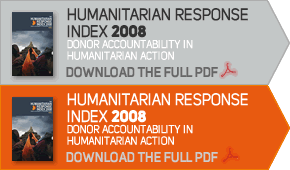
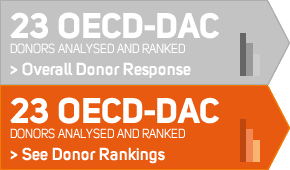
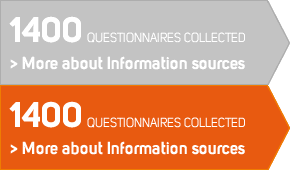
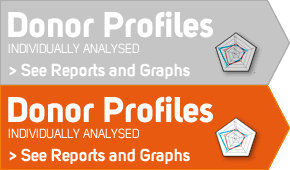
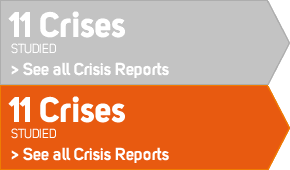
Share this